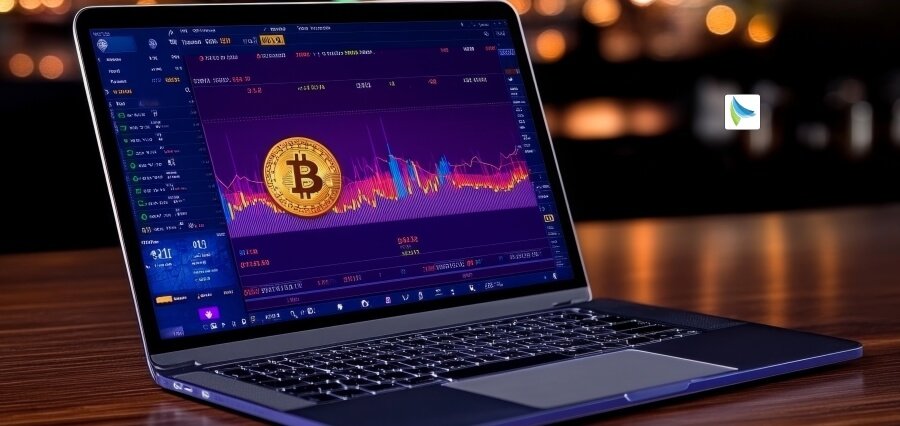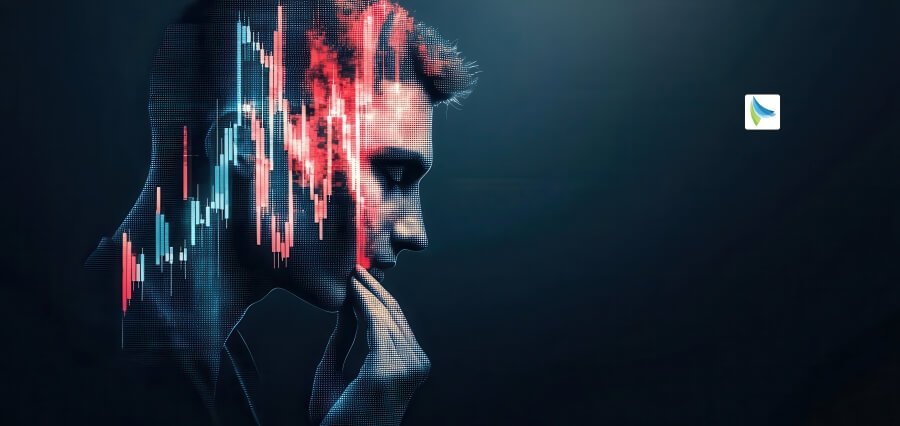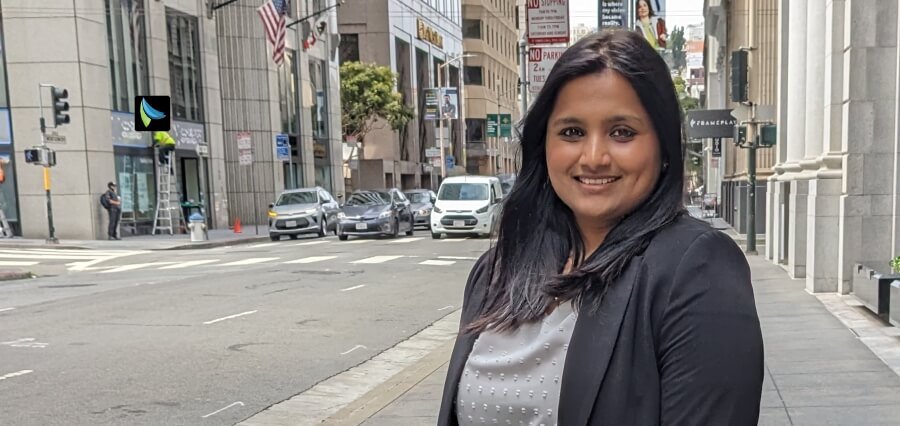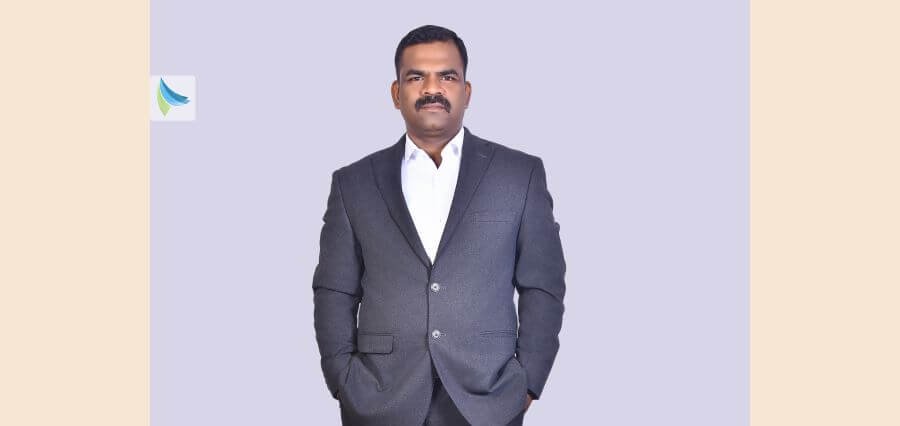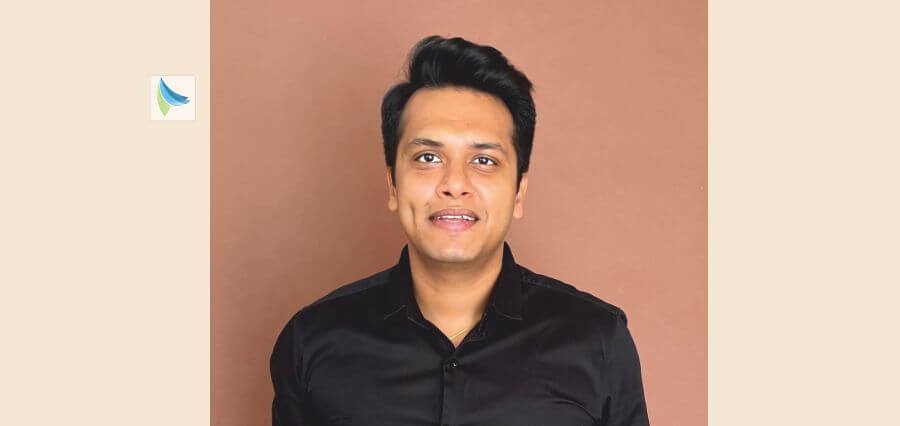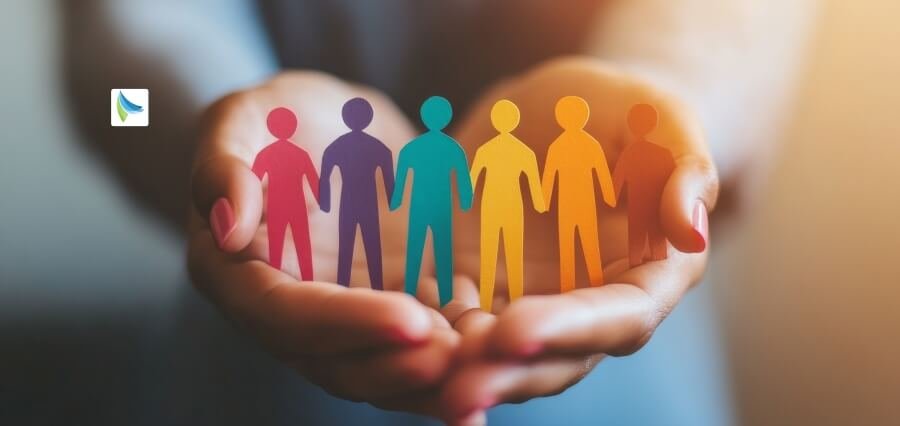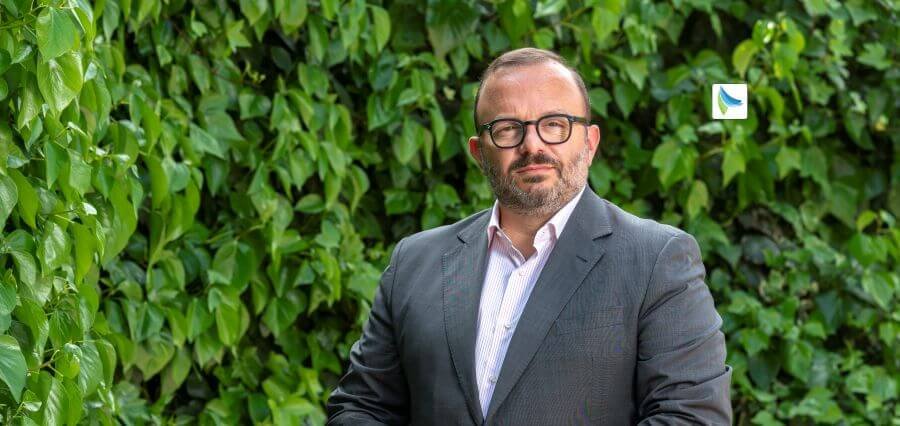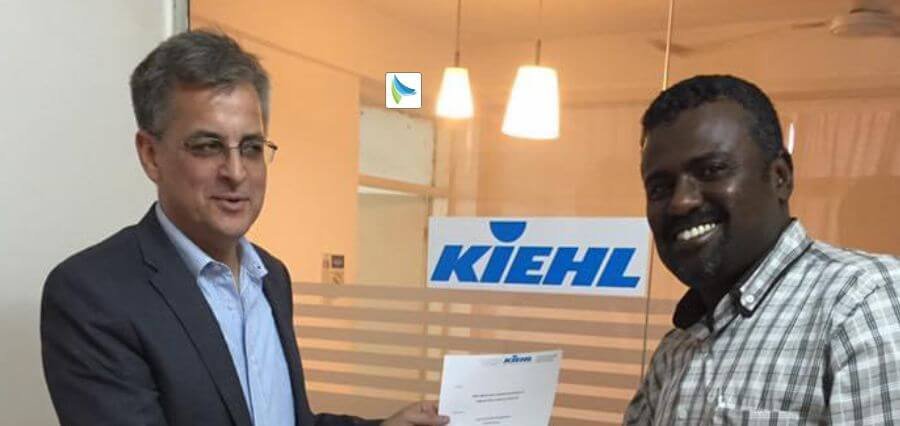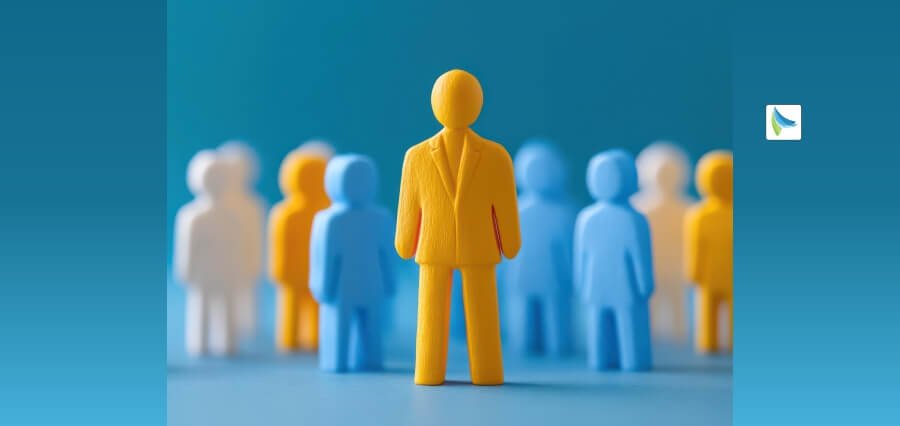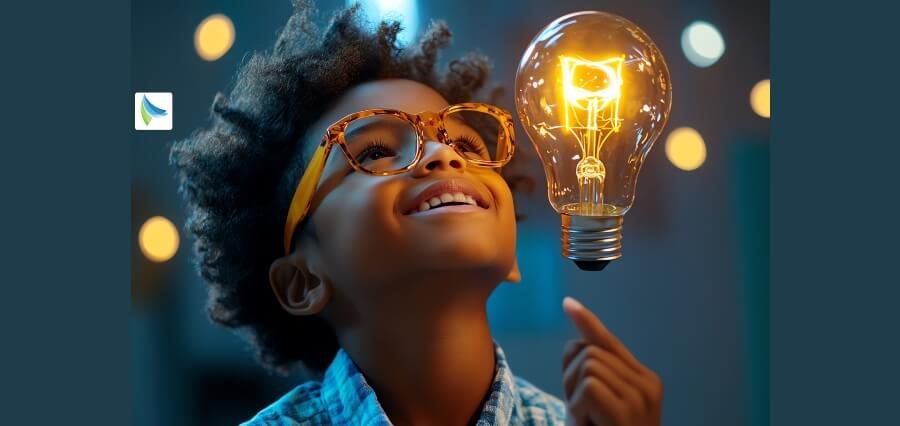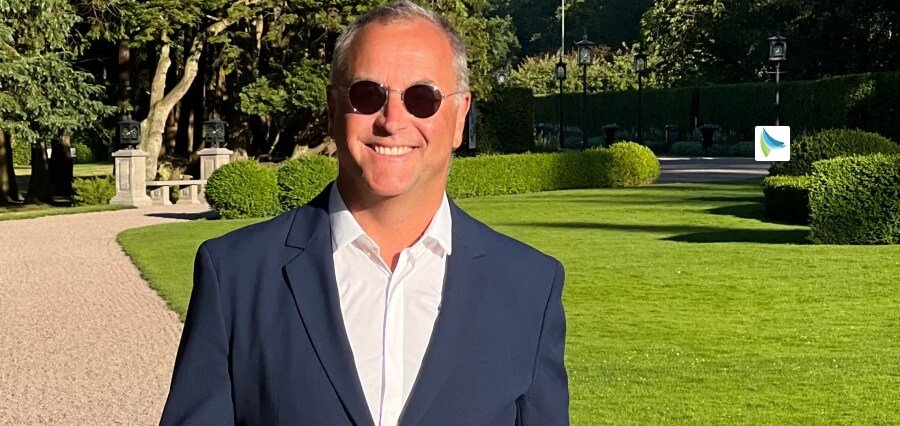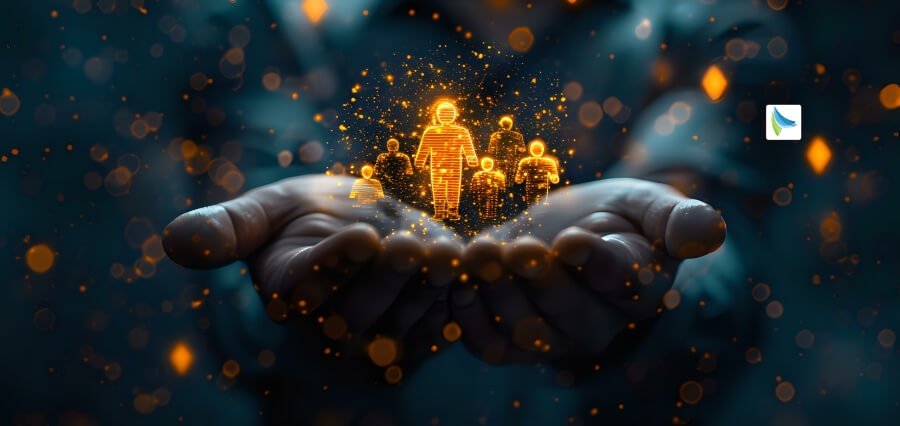Innovations in technology have catalyzed significant transformations across various sectors, notably in healthcare. These advancements have ushered in a new era of digital healthcare solutions, revolutionizing the way medical services are delivered and managed. With a relentless pursuit of progress, companies in this industry are shaping the future of healthcare delivery, prioritizing efficiency, accessibility, and quality.
One such trailblazing company dedicated to advancing healthcare through technology is Electronic Health Solutions (EHS). Founded in 2008, EHS has emerged as a pioneering force in the realm of digital transformation within the healthcare sector. With a commitment to enhancing healthcare services in Jordan and beyond, EHS specializes in developing cutting-edge automated solutions tailored to meet the evolving needs of patients and healthcare providers.
At the helm of EHS stands Eng. Omar Ibrahim Ayesh, Co-founder and CEO, whose expertise and dedication have been instrumental in driving the company’s success. With a profound understanding of health informatics and a background in biomedical engineering, he has played a pivotal role in spearheading EHS’s mission to revolutionize healthcare delivery. Drawing from over two decades of experience, this leader brings invaluable insight and innovation to the forefront of digital health transformation.
Let’s delve in to learn more:
Empowering Jordan’s Healthcare Sector
Founded in 2008, EHS is a pioneering technology-driven company dedicated to enhancing the healthcare sector in Jordan. EHS specializes in providing automated solutions aimed at achieving digital transformation and enhancing the quality and efficiency of healthcare services across the nation.
With a vision focused on shaping the future of digital health, EHS is committed to developing critical healthcare technology platforms. These platforms are designed to facilitate proper standardization, leading to improved interoperability of systems, enhancing end-user experience, and ensuring quality in realizing benefits.
Advancing Healthcare
In the upcoming years, EHS will be dedicated to pursuing a set of strategic objectives aimed at enhancing the quality of healthcare services and streamlining the patient experience within healthcare facilities. This effort includes:
Continuously developing and advancing the Electronic Health Records (EHR) System, known as Hakeem, to meet the specific requirements and regulations of the Jordanian healthcare sector. EHS will ensure interoperability with all healthcare facilities under its umbrella, facilitating seamless sharing of patient information within the network. Moreover, plans are underway to expand regionally by establishing partnerships with other governments in the Middle East to implement the flagship EHR program, Hakeem.
Increasing the utilization of AI and BI Health Data Analytics to analyze health data and provide actionable insights for enhanced clinical decision-making. This involves leveraging AI tools for X-ray interpretation, which can detect and localize distinct findings in chest X-rays, generate radiologist reports, and prioritize worklists for abnormal cases. Additionally, BI tools will be utilized to visualize and report trends and patterns in patient data, aiding resource allocation and improving predictive and preventive healthcare measures.
Developing and implementing telemedicine solutions and remote patient monitoring platforms to enhance accessibility and collaboration in healthcare services, particularly in remote areas. Recent initiatives include launching remote consultations for healthcare professionals between Dermatology Clinics in different governorates.
Investing in ongoing research and development to stay abreast of emerging healthcare technologies and market trends. This ensures that EHS remains at the forefront of innovation in IT solutions for healthcare.
Providing the Dr@Hakeem mobile app offers physicians comprehensive details regarding their daily appointments and patients’ medical history, thereby enhancing the healthcare process in Jordan.
By prioritizing these initiatives, EHS is making significant contributions to the advancement of medical services in Jordan and the wider Middle East region, effectively addressing the unique challenges and opportunities in the healthcare landscape.
Advancing Healthcare Through Technology Programs
EHS is responsible for overseeing four key programs aimed at leveraging technology to enhance the quality of healthcare services and tackle specific challenges within Jordan’s health sector. These programs include:
The Hakeem Program: Launched in 2009, this national digital health transformation initiative seeks to revolutionize the healthcare sector by digitally transforming services. Its objectives include improving healthcare outcomes, reducing medical errors and operational costs, and empowering both patients and healthcare providers.
Additionally, the program supports decision-makers in making data-driven decisions.
The Electronic Library of Medicine-Jordan (ELM): As the first national program of its kind, ELM provides a wide range of electronic medical resources, clinical decision support tools, e-journals, e-books, and powerful federated medical research engines free of charge. ELM aims to enhance the quality of healthcare in Jordan by granting healthcare professionals and university students access to medical information for making accurate clinical decisions based on evidence-based medicine and best practice guidelines.
Hakeem Academy: Serving as the human capital development and educational arm of EHS, Hakeem Academy aims to develop healthcare professionals and
EHS employees. Its focus is on reinforcing the role of health informatics to elevate Jordan’s health sector and upskill health university students to be familiar with health informatics platforms, thereby bridging the gap between academia and the market. Moreover, the academy provides training programs for healthcare professionals to adapt to new technologies, ensuring efficient utilization of the Hakeem Program.
Health Data Analytics Program (HDA): Developed by EHS professionals, the HDA program supports and empowers decision-makers in the Jordanian health sector. It involves extracting data from the Hakeem Database, transforming it into a data warehouse, and applying business intelligence (BI) and artificial intelligence (AI) analytics to generate actionable insights.
Enhancing Patient-Centric Healthcare
EHS prioritizes patient-centric strategies, implementing user-centered design principles to tailor healthcare services to patients’ needs and preferences, including privacy, confidentiality, and cultural values. Leveraging technology, the “Hakeem Program” and various e-services, such as the “My Hakeem” web-based patient portal and mobile app, enhance communication, accessibility, and convenience for patients.
“My Hakeem” allows users to access select health information from their electronic health records, including medications, immunizations, laboratory tests, allergies, and vital signs. Additionally, it offers services such as:
- Medication Delivery Service has been established to facilitate drug prescriptions for patients who are unable to physically visit the hospital or prefer to have their monthly medications (refills) delivered to their doorstep. Through an online payment gateway and a medication request delivery service, patients can conveniently order their medications from the comfort of their homes. This service benefits residents residing far from hospitals, elderly patients, and individuals whose health could be significantly compromised if exposed to contagious diseases. By offering this service, safety concerns are addressed while saving time and effort for patients. Additionally, the service enhances the quality of healthcare provided by reducing crowded queues and decreasing the number of hospital visitors.
- Appointment Booking Services: Allowing patients to electronically request medical follow-up appointments from specialty and comprehensive clinics, streamlining the appointment scheduling process.
Driving Digital Healthcare Transformation in the Middle East
Certainly, EHS acknowledges the pivotal role of partnerships in advancing healthcare services, and the company has proactively engaged in strategic collaborations to enhance its impact in the Middle East.
Noteworthy partnerships have been established with prominent entities such as the World Health Organization (WHO), the United States Agency for International Development (USAID), and the International Committee of the Red Cross. EHS, under the leadership of Eng. Omar Ibrahim Ayesh, as Co-founder and CEO, is at the forefront of driving digital transformation in Jordan’s healthcare sector and the wider region. These partnerships often involve adapting and replicating successful digital health projects in other countries using the same effective solutions implemented by EHS.
Moreover, in response to the growing regional demand for advanced Electronic Medical Records (EMR) systems, EHS is committed to advocating for and implementing the Hakeem program in countries seeking to enhance their healthcare services through digital transformation.
Connecting Communities to Enhanced Healthcare Services
The team at EHS employs various approaches to maintain connections with the community and keep them engaged with the company’s services and future plans. These tactics typically include:
User Experience: Conducting surveys to enhance and simplify the user experience across all educational and demographic backgrounds.
Continuous Collaboration: Engaging in ongoing collaboration with local and international organizations and stakeholders such as NGOs, international health organizations, and healthcare providers to leverage existing networks and resources.
Cultural Sensitivity: Tailoring communication and initiatives with cultural sensitivity in mind to align with the community’s values and beliefs, ensuring that healthcare information is accessible and easily understandable across diverse populations, including in multiple languages.
Technology and Social Media: Utilizing social media platforms to disseminate the latest digital health-related information, EHS services, and program updates, and engaging with the community through mobile applications (such as MyHakeem, Dr@Hakeem, ELM Library) and online resources to enhance accessibility to digital health services.
Support for Diverse Backgrounds: EHS supports Jordanians from various backgrounds by offering targeted services for low-income families, seniors, or individuals with chronic conditions. These services include medication delivery, appointment booking, and other assistance across the country to streamline the process of obtaining monthly medication at an affordable cost or booking appointments without visiting healthcare facilities.
Advancing Healthcare Solutions for a Connected Future
EHS aims to extend its coverage to all healthcare facilities in Jordan, including public, private, and Royal Medical Services facilities. It recognizes the importance of collaborating with key stakeholders, including government entities, to ensure a comprehensive and inclusive approach. Engagement with the public sector and existing healthcare infrastructure will facilitate the integration and adoption of EHS solutions throughout the kingdom’s healthcare landscape.
Additionally, EHS is committed to establishing strategic partnerships locally, regionally, and internationally with other healthcare organizations, technology providers, and research institutions. These partnerships will leverage collective expertise and resources, allowing the company to seize regional expansion opportunities while considering local healthcare needs, regulations, and cultural factors.
Solutions will be customized to fit specific regional requirements.
EHS will continue to invest in cutting-edge technologies such as telemedicine, artificial intelligence, and data analytics. These investments aim to enhance patient care, streamline processes, and improve overall efficiency. The company will also prioritize a Patient-Centric Approach, focusing on patient experience and satisfaction in the development and deployment of its solutions.
Celebrating Excellence
EHS is proud to have received certifications, accreditations, and awards that recognize the highest standards in quality and innovation.
Certifications & Accreditations
- ISO 27001 certification for information security management
- ISO 22301 certification for managing business continuity
- ISO 9001 certification for Quality Management Systems
- Member of SNOMED International. Representing Jordan as its 35th Member
Awards
- Most Innovative Medical e-Services Platform – Hakeem Electronic Services eMed – Jordan 2020 (Global Business Outlook Awards)
- Most Innovative e-Learning Platform – Hakeem Academy Jordan 2020 (Global Business Outlook Awards)
- Most Innovative Health-Tech Company of the Year – EHS Jordan 2021 (International Business Magazine)

